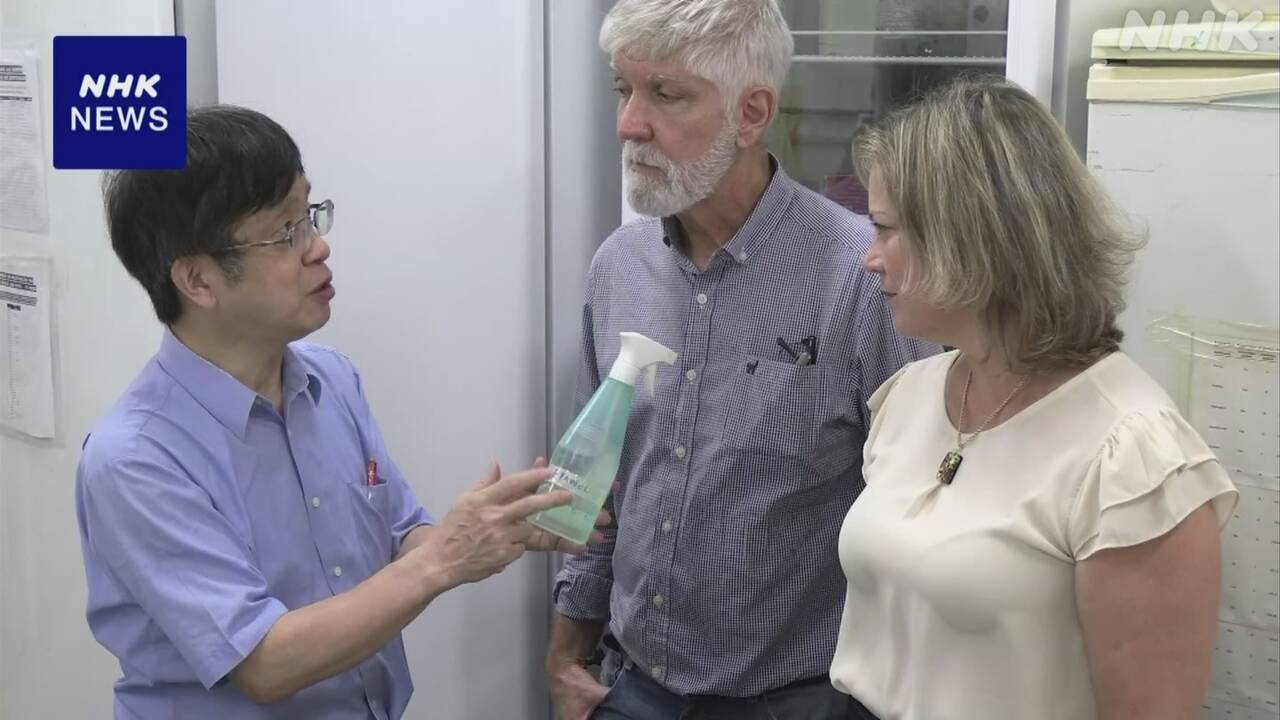As climate change and food shortages become global issues, a RIKEN research group has discovered that plants grown with low-concentration ethanol become more resistant to dryness and high temperatures. With the aim of achieving this goal, we have decided to conduct joint research with universities in South America and Brazil, one of the world's leading agricultural countries.
A research group led by Dr. Akira Sekihara of RIKEN has discovered that plants grown with low concentrations of ethanol mixed with water have better tolerance to drought, high temperatures, and salt damage than plants grown with water alone. .
The research group has decided to conduct joint research with the University of São Paulo in Brazil, South America, one of the world's leading agricultural countries, with the aim of applying this technology to agriculture.
The joint research will focus on sugarcane, an important agricultural crop in Brazil, and will examine how changing the concentration of ethanol applied changes its tolerance to dryness and high temperatures.
In Brazil, damage to agriculture, which is believed to be caused by climate change, is becoming more serious, as seen last year in the northern region where the Amazon River flows, which is said to be the worst drought on record, and there is a strong need for countermeasures.
The research group has so far confirmed that feeding tomatoes with ethanol can improve their high-temperature tolerance, and Dr. Seki says, ``After sugarcane, we hope to expand this to other major crops such as soybeans and corn, which will help Brazilian agriculture.'' I want to contribute.I hope to be able to apply and expand this in Asia, Africa, and other areas in the future.''
Professor Antonio Figueira of the University of São Paulo, who is conducting joint research, said, ``We have been researching drought tolerance in sugarcane for several years. Collaborative research with Japan is a great opportunity.''

